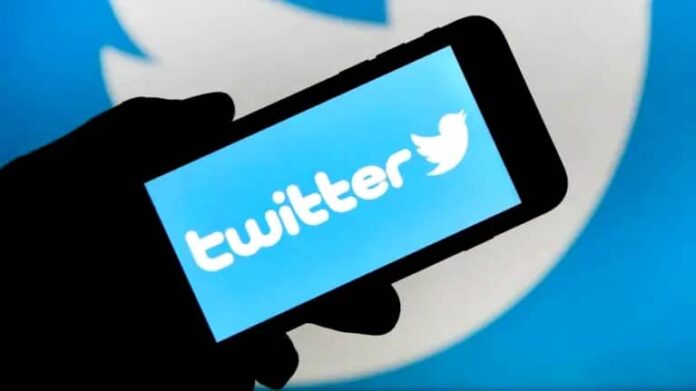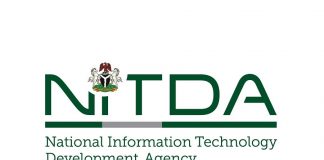On Twitter Ban And The Spread Of Fake News
By Bashir Nasir Sani
TECHDIGEST – It is usually said that a decision made out of haste, with little to no deliberation will often have unforeseen and perhaps even irreversible repercussions. By nature, the hastier the decision, the more adverse its effects. Well, before we go deeper into this conversation, permit me to refresh your minds a bit.
It may be recalled that, on June 5th 2021, the Nigerian government placed an indefinite ban on Twitter from operating in the country, after the social media platform deleted a series of tweets made by the country’s President Muhammadu Buhari. The tweets were aimed at secessionist agitators and the criminal components of society.
While we won’t go into the ethics of the aforementioned ban, one thing we can all agree on was its rash nature, coming just days after the deletion of the president’s tweets. As mentioned above, the hastier a decision, the more adverse its consequences.
One such adverse consequence was the immediate impact on the country’s economy, as Nigeria was reported to have lost over 6 billion Naira just 3 days after the ban. This is quite a huge sum of money to lose in a few days, especially when you consider the fact that the nation is currently the poverty capital of the world, with an unemployment rate of 32.5 per cent as of 2021.
Granted, this amount was speculative and has never been officially stated by the federal government. Of course, it would not be far-fetched if the figures were indeed accurate. Seeing as how almost every government agency has a Twitter account, and how a huge chunk of businesses in the country, from small enterprises to large scale companies also have Twitter accounts.
There are also certain individuals, often referred to as influencers, that manage a sort of ad-hoc online marketing agency. Such agencies are often run exclusively on Twitter.
Thus it’s not an understatement to say that we are all breathing a collective sigh of relief as news has surfaced signifying an end to this stalemate.
According to the minister of information and culture, Lai Muhammad, the government’s committee negotiating with Twitter would soon come to an agreement and make recommendations to the government on the issue. He expressed confidence that everything will be ironed out with Twitter within “a matter of days or weeks”.
Well, whether in a matter of days or weeks, it does look like the end of the ban is indeed in sight. However, what are the economic effects of this move? What positive impact would it have on the country? And how can it be regulated so that such problems do not resurface?
Contrary to popular belief, Nigeria is not the first country to have placed an embargo on Twitter, In fact, Nigeria is currently the sixth nation to have blocked access to the social media platform.
While each one of these other five countries has its motive for doing so, Nigeria’s main reason, apart from the deletion of the president’s tweets, of course, is to curb the unbridled spread of misinformation.
Although this might be a good motive, as mentioned above, suddenly banning with little contemplation had a major impact on the country’s economy.
So, how can the government control fake news while not entirely blocking access to the social media platform?
First and foremost, the Federal Government could control the spread of misinformation simply by educating the masses. Fake news usually feeds on ignorance. As the popular saying goes, “a man who stands for nothing, will fall for everything”. Thus proactive disclosure of information to citizens can enable them to spot false information long before its eventual escalation.
The government could even create Twitter accounts dedicated exclusively to educating Nigerians, especially on sensitive issues that usually attract merchants of misinformation.
Another way to limit false information from spreading is through the employment of fact-checkers. Unbeknownst to most, another popular social media platform Facebook has partnerships with independent fact-checkers whose sole purpose is to debunk all forms of misinformation on the social network.
Not only will the use of fact-checkers provide employment opportunities for Nigerians, especially the youth, but since the government is currently in discourse with Twitter, they can work closely together to improve the efficiency at which misinformation is controlled.
It is worth noting that while the lifting of the Twitter ban in itself might not undo the damage inflicted on the country’s economy, and while the points mentioned above might not completely stop the spread of misinformation, they can both lay the groundwork for future developments.
As we all know, every journey begins with a single step, and these might be very promising first steps.
Bashir Nasir Sani writes from Abuja.
















